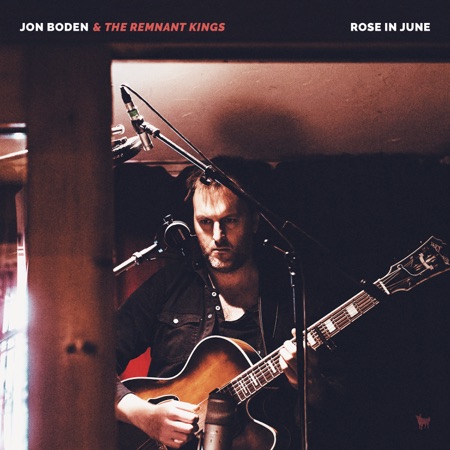Jon recalls this one as “Sung by James Davidson at the Talking Heads in Southampton. Listening to James sing this with a beautiful, delicate guitar accompaniment on a boozy Sunday afternoon must rank as one of my most profound musical experiences. Icarus is often taken as a metaphor for over ambition, but I think it’s more a metaphor for the human condition.”
Written by Anne Lister, London born, Cardiff raised and French resident at the time the song surfaced into the wider folk world via Maggie Holland. According to her bio, which you can read here, Anne had been a regular on the folk club scene from her teens and was teaching English in France when she wrote this song. It permeated its way back to the UK, where Maggie, Martin Simpson and Nic Jones picked it up. This is another of the very worthy songs not of the tradition that Jon handles particularly well for me, as the drama and sentiments are brought to life. As for the fable element, I think there are various ways of looking at it, but Anne’s take seems infused with noble calling. It’s a lovely piece of writing and in what has been an exceptional month, yet another highlight.





